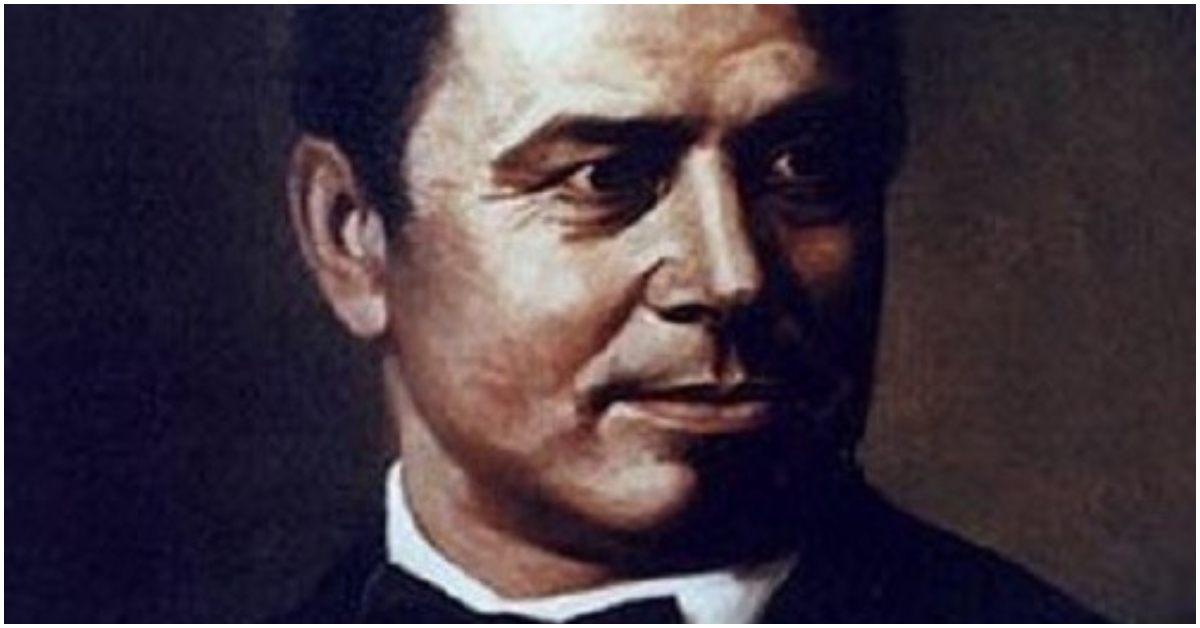A Trailblazer in Law Enforcement
The name James ‘Jack’ Wormley Jones stands as a pioneer and a trailblazer. In 1919, he shattered barriers by becoming one of the first African-American special agents hired by the Bureau of Investigation, the precursor to the modern-day FBI.
A Decorated Soldier and Explosives Expert
Jones’ path to the Bureau was paved with a remarkable career in law enforcement and military service. Born in 1884 to a former slave in Hampton, Virginia, he joined the Washington Metropolitan Police Department in 1905, swiftly rising through the ranks from footman to detective.
“Jones joined the Washington Metropolitan Police Department in 1905 after college, rising quickly from footman to detective. By 1917, Captain Jones had joined the US Army and was shipped to France,” according to historical accounts.
During World War I, Jones served as an Army captain, seeing action in the Vosges Mountains, the Argonne Sector, and the Metz front. His exceptional skills led him to train soldiers in handling bombs and grenades, cementing his reputation as a cool-headed explosives expert – an ideal candidate for undercover work.
Infiltrating Radical Groups as ‘Agent 800’
The Bureau of Investigation, recognizing Jones’ unique skill set, hired him for its newly formed General Intelligence Division, tasked with tracking subversive groups in the wake of terrorist bombings. Assigned the code name ‘Agent 800,’ Jones moved between the New York and Pittsburgh offices, conducting covert operations under the direct supervision of J. Edgar Hoover, the future FBI director.
One of Jones’ most notable assignments was infiltrating the Universal Negro Improvement Association, a Black nationalist organization led by Marcus Garvey. Jones became Garvey’s trusted colleague, gaining access to vital evidence that ultimately led to Garvey’s conviction for mail fraud and subsequent deportation.
A Legacy of Courage and Perseverance
Despite the challenges and prejudices of the era, Jones’ pioneering role paved the way for other African-American agents to join the Bureau’s ranks. Trailblazers like James Amos, Earl F. Titus, Thomas Leon Jefferson, and Arthur Lowell Brent followed in Jones’ footsteps, tackling complex cases and breaking down barriers.
“The careers of each of these agents, though exemplary, did reflect the struggles of the day. Unlike most investigators, some of these black agents were asked to handle lesser assignments outside their normal duties. Their struggles, though, paved the way for agents like Aubrey Lewis and James Barrow, who in 1962 became the first African-American agents accepted to the FBI Academy, ushering in a new era for minority agents in the Bureau,” the FBI acknowledged.
James ‘Jack’ Wormley Jones’ courage, determination, and unwavering commitment to justice have left an indelible mark on the history of law enforcement in the United States.





